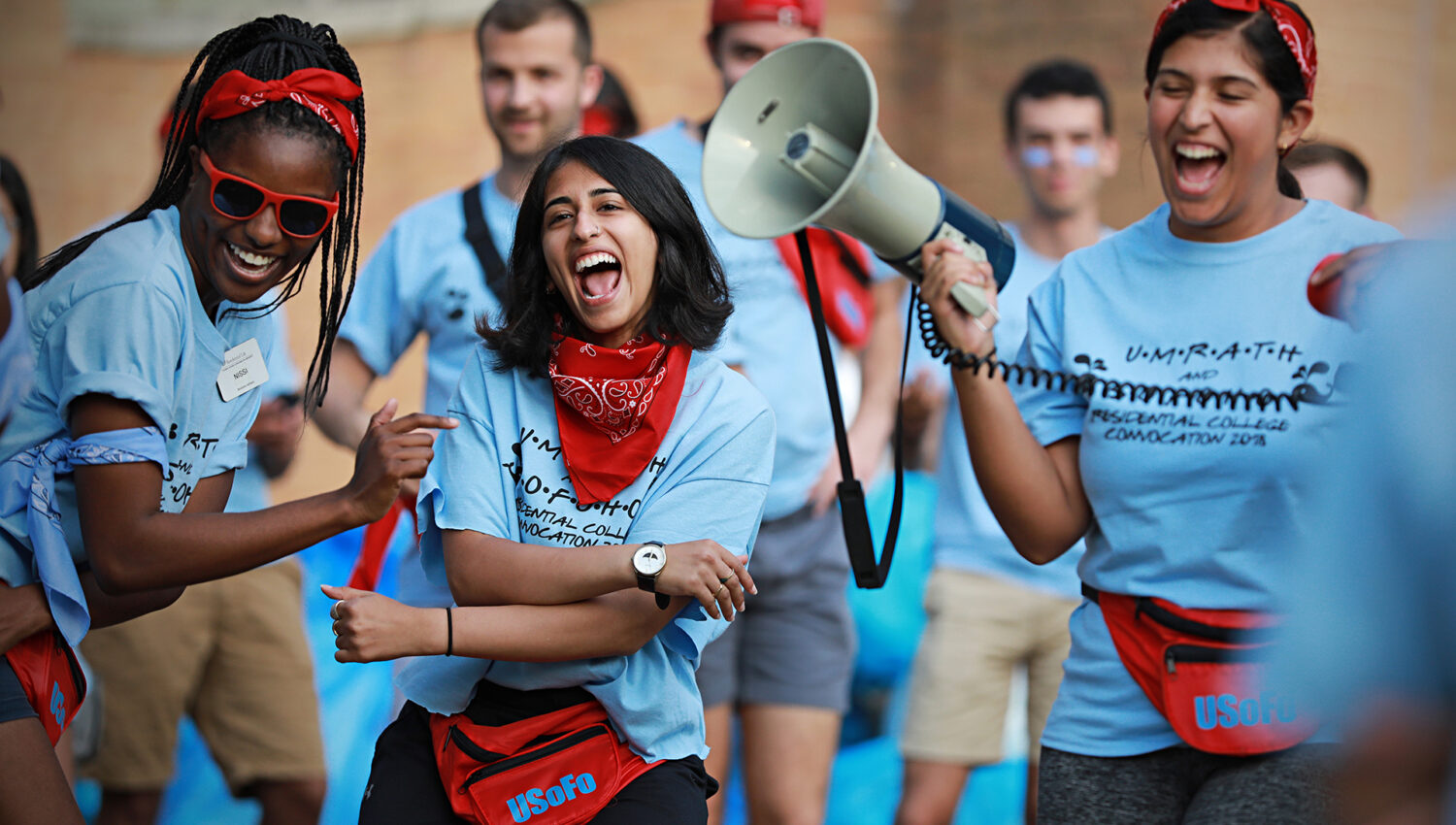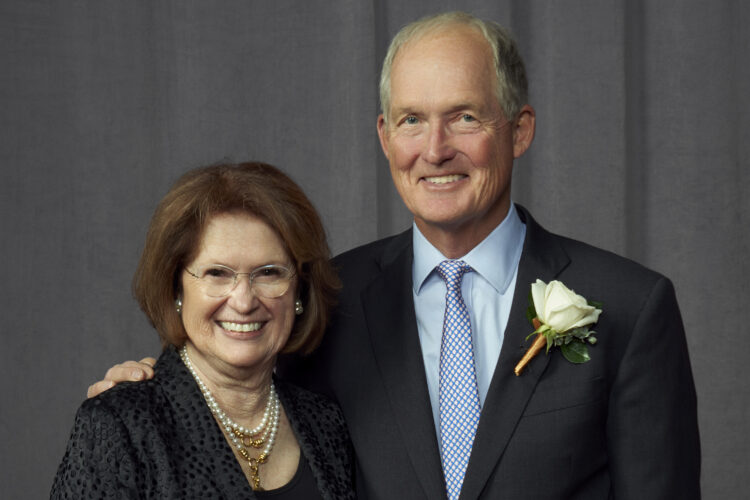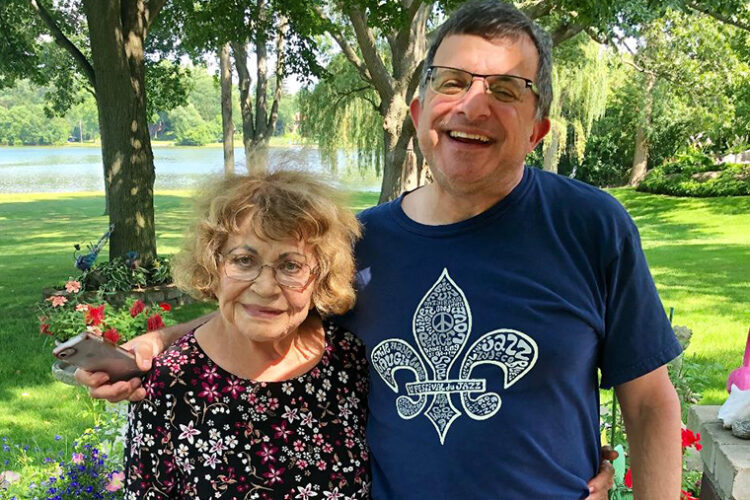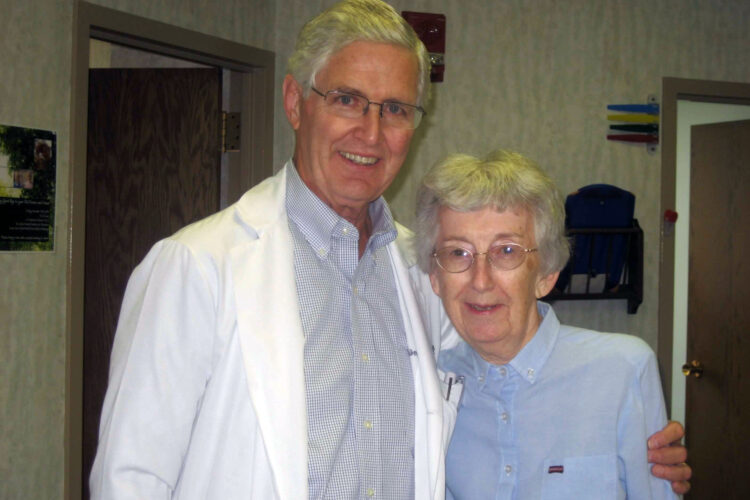When Kirk Dougher taught college courses, he shared unexpected words of wisdom with his students. “I told them, ‘If you don’t miss at least one of my classes for something you’re involved with outside the classroom, you’re probably not thinking about your education in the most beneficial way,’” says Dougher, who now serves as associate vice chancellor for student support and well-being at Washington University.
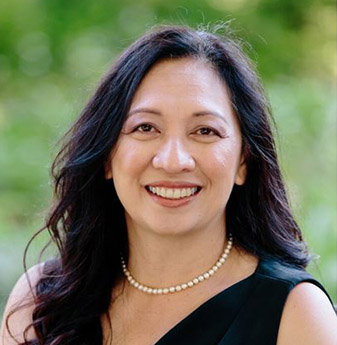
His advice aligns with a growing recognition among higher education leaders — including those at WashU — that today’s students require more than academic training to flourish in an increasingly complex world. To address their needs, Dougher and fellow administrators in the university’s Division of Student Affairs are reimagining the student experience. Led by Vice Chancellor for Student Affairs Anna Gonzalez, they are creating programs that empower students to embrace healthy habits, become effective leaders, build career competencies, and cultivate other skills necessary for success after graduation.
Support for this undertaking is on the rise thanks to Make Way: Our Student Initiative. Since the launch of the fundraising effort in October, generous alumni, parents, and friends have stepped forward with gifts to bolster the student experience.
Here, Gonzalez, also known as “Dr. G,” and Dougher, who oversees counseling and psychological services and other areas, discuss the student experience and how donors are making way for students to thrive.
How do you define the student experience?
Gonzalez: It’s everything outside of the classroom, from where students live and how they adjust to college life to their cocurricular activities and career planning. These things affect students’ well-being and deeply influence their success.
Do you have a specific example?
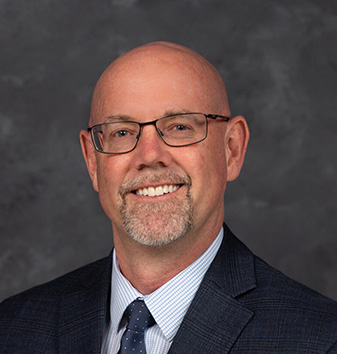
Dougher: Residential life is an experience that shapes students from day one. Studies show students’ probability of developing friendships is directly related to proximity — they’re more likely to become friends with roommates and people who live on their floor. These relationships are key to their sense of belonging. Students who are engaged with peers and their community fare better academically, struggle less with mental health issues, and transition more smoothly to the professional world. We can facilitate these connections by providing vibrant campus living communities and opportunities for students to interact.
Gonzalez: The world today is different than it was when I was in college. Between cell phones and social media, students are bombarded with information 24 hours a day, and this can cause anxiety. They have access to Uber and online shopping, which makes it easy for them to spend too much. We expect them to know how to make adult decisions the minute they arrive on campus, and many are not doing well. We need to teach them how to operate without the guardrails of their families. That’s why we created a seven-week course called “Bearprints for Success” that will be offered this fall. It will cover healthy habits, financial literacy, career exploration, and other topics.
How did you go about reimagining the student experience?
Gonzalez: Shortly after I arrived at WashU in June 2021, the Division of Student Affairs launched a yearlong strategic planning process that involved students, faculty, staff, alumni, parents, and trustees. The plan that emerged has five anchors: career development; healthy excellence; equity, diversity, and inclusion; leadership; and student engagement and belonging. Those anchors are built into Make Way and the university’s Here and Next strategic plan. We are committed to supporting every undergraduate and graduate student, regardless of their course of study or background, in all these areas.
Learn more about Make Way.
Make a gift today.
Did you have any aha moments during the strategic planning process?
Dougher: Our students are brilliant, and they’re used to doing well. But I have yet to meet one who doesn’t struggle with some measure of imposter syndrome. They feel like they don’t belong here or aren’t smart enough. This can affect their mental health. We know anxiety and depression are rising among teens and young adults. One recent survey found the number of students expected to seek counseling during their college years has more than doubled in the last decade. That’s why we have been working to enhance clinical mental health services and resources for faculty and staff who serve as primary contact points for students. But we also must develop a comprehensive array of programs, trainings, and classes that promote healthy excellence throughout the university community. This will help us shift the paradigm from treatment to prevention and promotion.
Gonzalez: I’ve heard students say they’re afraid to ask questions or share their opinions, both in and out of the classroom. They think they’ll be called out or shouted down. We’re beginning to address this issue through a new one-credit course called “Dialogue Across Difference” made possible with a gift from parents Thomas and Nicolle McGowan. The curriculum teaches students how to navigate tough conversations about politics, religion, gender, and other loaded topics, and engage with viewpoints that challenge their own. We received great feedback from students who completed the course last semester. They said it broadened their worldview and improved their interpersonal skills.
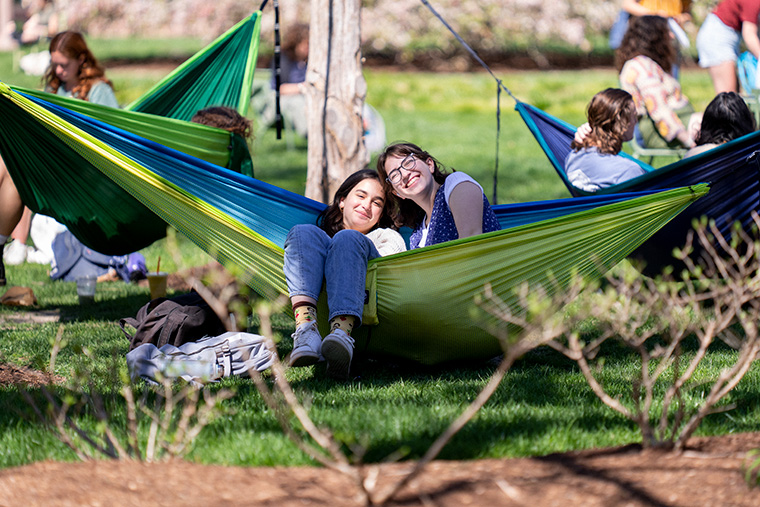
What other programs have Make Way donors helped launch?
Gonzalez: Andy and Barbara Taylor made a significant gift to create the Taylor Family Center for Student Success and expand support for first-generation or limited-income undergraduates across four years. Students will participate in an early arrival program, explore internships and career options, and connect with peer and professional mentors. This includes industry and community leaders who can open doors and provide access to social capital. We will also offer an orientation and parent mentors for the families of these students. We believe this model will set a new standard for American universities and enable participants to transform their lives, their families, and their communities.
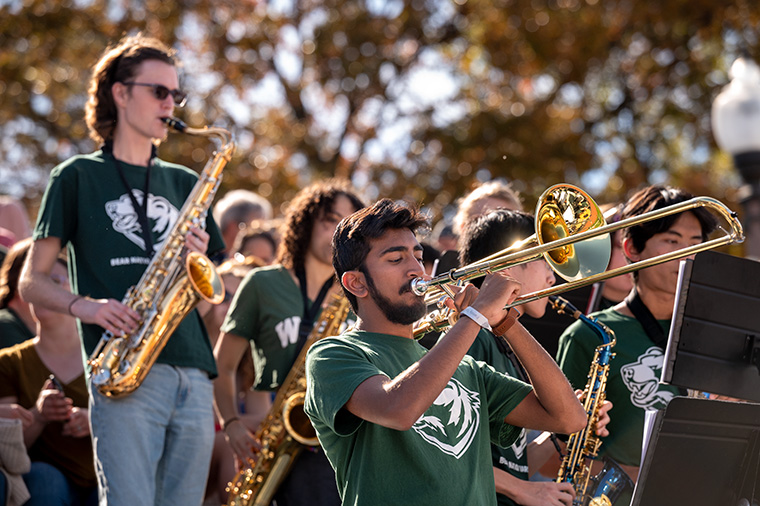
Dougher: Another gift we received from parents John and Carol Hamilton is a real game changer. With funding from the Hamiltons and other donors, we are establishing a mental health doctoral training program that will bring four psychology doctoral students to WashU to complete one-year residencies. They’ll provide therapy, which will increase our capacity to serve students. The program will allow us to play a role in training the next generation of providers for this population and increases their likelihood of staying at WashU when we have open positions. It will have a ripple effect on several levels.
What are some other funding priorities?
Dougher: We have been exploring the need for a new health and well-being building on the Danforth Campus that would bring mental health and wellness services together in one location and expand our focus on health promotion and prevention. This leading-edge facility would be more accessible to students who live off campus. And the design would incorporate nature and natural elements to create an inviting space that reduces stress and improves mood and productivity. It would be a physical manifestation of our goals and values. Students would want to hang out there, which will make it easier to serve them.
Gonzalez: Career development is so important. This fall, we will launch a unified career center called the WashU Center for Career Engagement to ensure undergraduate and graduate students in every school have an equitable experience when it comes to career exploration and services. This will benefit employers, too, by providing easy access to talented students across disciplines. We also want to offer all undergraduates at least one paid internship or research opportunity that aligns with their career aspirations. Students who have paid internships during college receive, on average, twice the number of employment offers as those who don’t. But half of all internships in the U.S. — even with for-profit companies — are unpaid. Paid professional opportunities help students determine whether their career path aligns with their talents and interests and make them more competitive in in the job market.
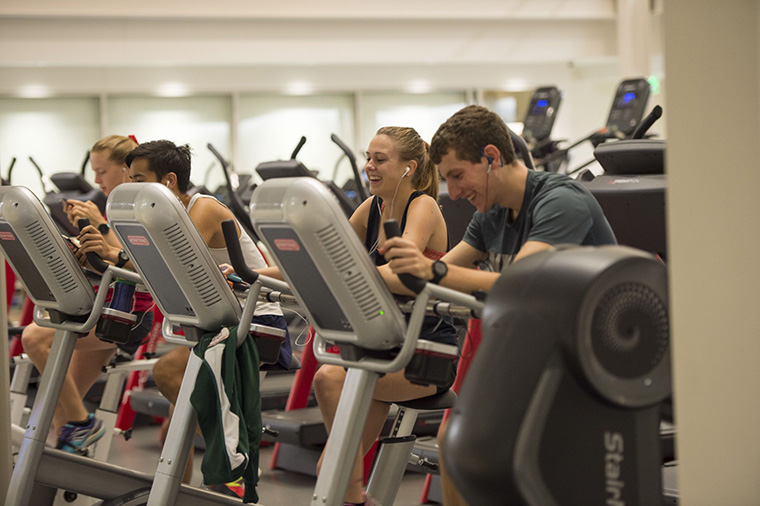
Why should alumni, parents, and friends contribute to our efforts to enhance the student experience?
Gonzalez: Contributing to a best-in-class student experience is one of the most meaningful things you can do. Helping students learn how to thrive in their personal and professional lives will strengthen their leadership today and enable them to change the world tomorrow.
Dougher: If we can couple a world-class WashU education with programs and services that improve students’ well-being by teaching them how to navigate difficult conversations, emotional upheavals, and other interpersonal challenges, they will have an immeasurable impact on society.
